Here’s Why Pandemic Fatigue Is (Still) So Draining
 Many of my patients are stressing over—and feeling exhausted by—the same things: uncertainty about travel and social gatherings, trouble focusing and completing tasks, and general burnout, to name a few. We’re all tired, and talking about exhaustion over and over again is, well, exhausting. Read more ›
Many of my patients are stressing over—and feeling exhausted by—the same things: uncertainty about travel and social gatherings, trouble focusing and completing tasks, and general burnout, to name a few. We’re all tired, and talking about exhaustion over and over again is, well, exhausting. Read more ›

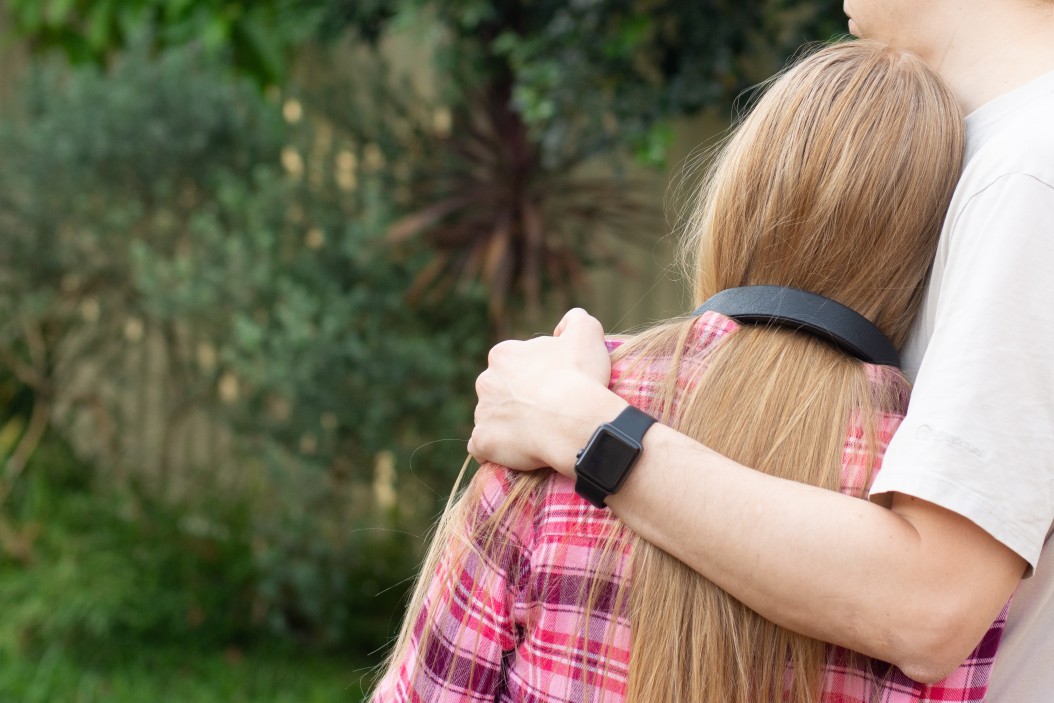
 The first step in starting a conversation is to choose a good time. It’s really important to make space to be together without an agenda or pressure. Conversation tends to flow best when it naturally occurs.
The first step in starting a conversation is to choose a good time. It’s really important to make space to be together without an agenda or pressure. Conversation tends to flow best when it naturally occurs. 
 In 2018,
In 2018, 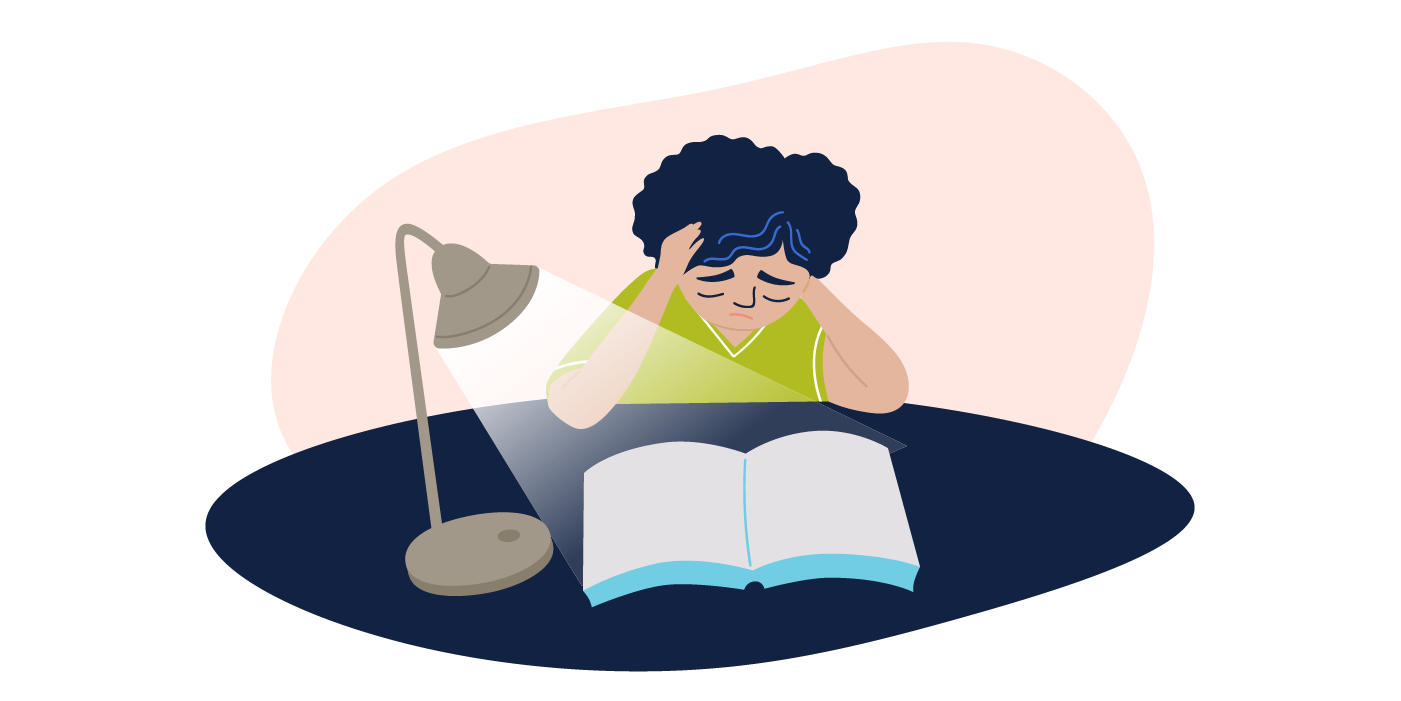

 Children often experience a rollercoaster of emotions, even on a good day. But prolonged symptoms of sadness, irritability, short-temper, change in eating or sleeping habits or lost concentration or interest could be signs of depression. How do you know what’s normal and what’s cause for concern?
Children often experience a rollercoaster of emotions, even on a good day. But prolonged symptoms of sadness, irritability, short-temper, change in eating or sleeping habits or lost concentration or interest could be signs of depression. How do you know what’s normal and what’s cause for concern? 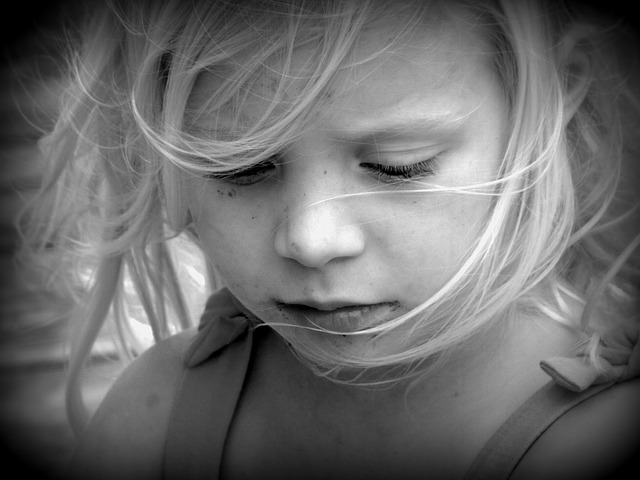
 Does your child seem unusually sad, irritable or quiet lately? Such changes in mood could be due to a temporary stress in life. But how do you know if it’s something more?
Does your child seem unusually sad, irritable or quiet lately? Such changes in mood could be due to a temporary stress in life. But how do you know if it’s something more? 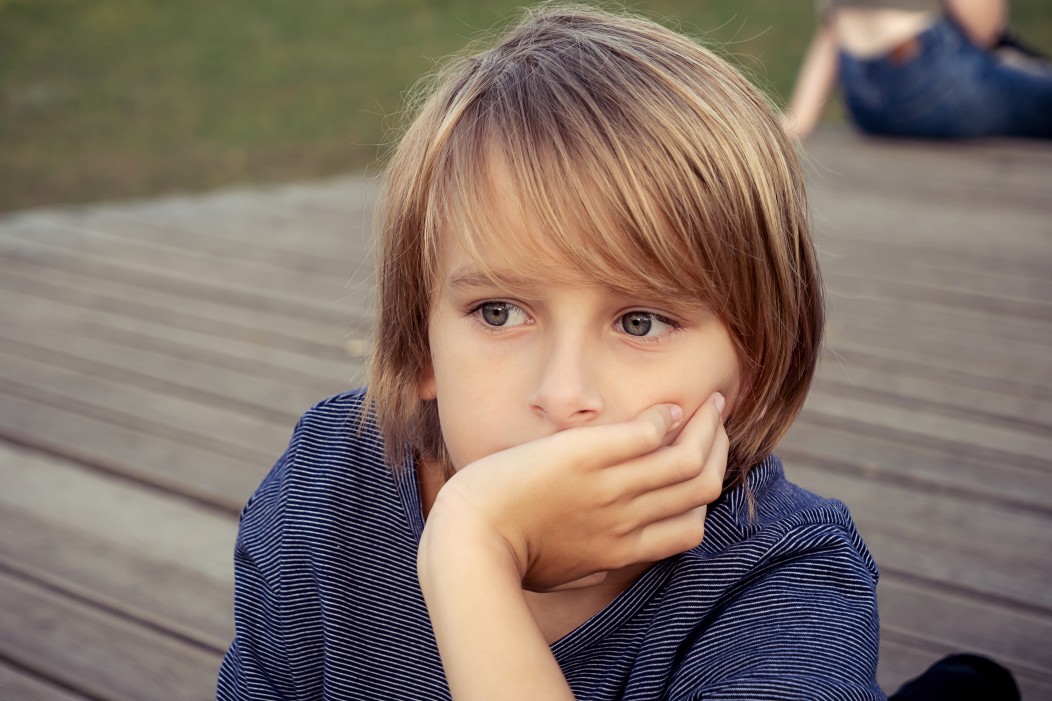
 An influential panel of experts says all kids ages eight to 18
An influential panel of experts says all kids ages eight to 18 
 Most people are creatures of habit. When things go as planned, we feel in control. But when life throws a curveball, it can leave us feeling anxious and stressed.
Most people are creatures of habit. When things go as planned, we feel in control. But when life throws a curveball, it can leave us feeling anxious and stressed. 
 The Madrigal family of the Disney animated film Encanto lives in a beautiful hidden village in Colombia, where a miracle imbues members of the family with a magical gift—from super-strength to the ability to heal to shapeshifting—that they use to help their community.
The Madrigal family of the Disney animated film Encanto lives in a beautiful hidden village in Colombia, where a miracle imbues members of the family with a magical gift—from super-strength to the ability to heal to shapeshifting—that they use to help their community.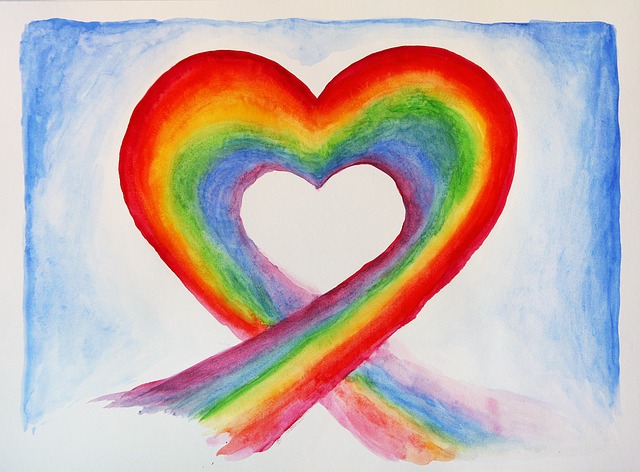
 Bullying puts youth at increased risk for depression, suicidal ideation, misuse of drugs and alcohol, risky sexual behavior, and can affect academics as well. For LGBTQ youth, that risk is even higher.
Bullying puts youth at increased risk for depression, suicidal ideation, misuse of drugs and alcohol, risky sexual behavior, and can affect academics as well. For LGBTQ youth, that risk is even higher. 
 Did you know that anxiety disorders are the most common mental illness in the U.S., affecting 40 million adults in the United States age 18 and older, or 18.1% of the population every year? Anxiety disorders are highly treatable, yet only 36.9% of those suffering receive treatment.
Did you know that anxiety disorders are the most common mental illness in the U.S., affecting 40 million adults in the United States age 18 and older, or 18.1% of the population every year? Anxiety disorders are highly treatable, yet only 36.9% of those suffering receive treatment. 

